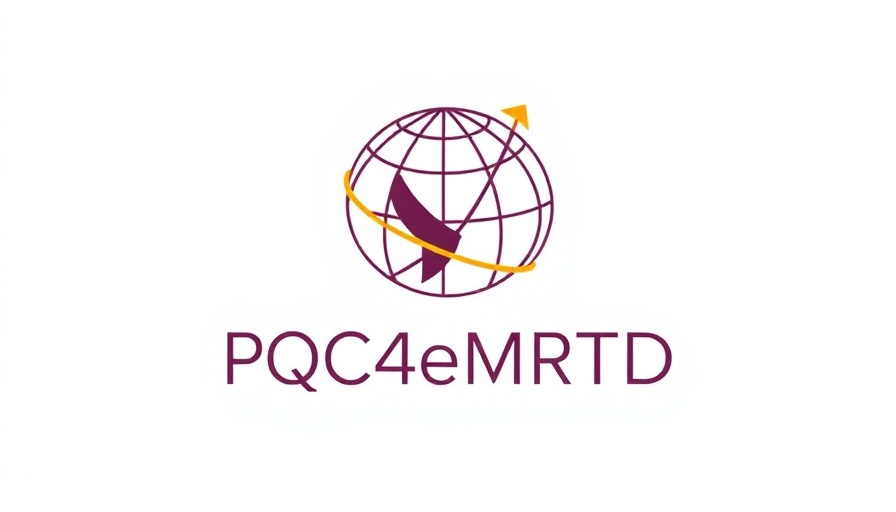
A Leap Towards Quantum Security in Travel Documents
The European Union has recently launched a significant initiative aimed at enhancing the security of electronic travel documents, particularly electronic machine-readable travel documents (eMRTDs) like electronic passports. The PQC4eMRTD project, officially kicked off on February 28, 2025, seeks to standardize quantum-resistant cryptographic protocols in response to the looming threats posed by quantum computing.
Coordinated by Infineon Technologies AG and supported by Thales and other notable partners like CryptoNext Security and the Barcelona Supercomputing Center, this two-year project endeavors to forge a secure future for digital identities across Europe. With quantum technology advancing rapidly, the project aims to provide a framework that not only safeguards eMRTDs but also ensures the reliable protection of personal information against potential quantum attacks.
Understanding the Quantum Threat
As the power of quantum computers continues to grow, so does their ability to break traditional cybersecurity measures. By 2026, quantum bits, or qubits, are expected to reach levels that will challenge existing cryptographic techniques, threatening the very security that underpins our digital identities. Previous methods, which many assumed to be secure, may become vulnerable with advances in quantum technology. This development has made it essential for industries relying on digital credentials to adopt quantum-resistant standards now.
Collaboration at the Core of the Initiative
The PQC4eMRTD project emphasizes a collaborative approach, uniting industry leaders, policymakers, and researchers. By pooling expertise and resources, the initiative not only aims to develop robust post-quantum cryptography (PQC) protocols but also implement a strategic plan for Europe and potentially beyond. This collaboration is crucial in transitioning to a quantum-safe infrastructure, as highlighted by Eurosmart, a group advocating for digital security innovation.
The Road Ahead for eMRTDs
Transitioning to quantum-resistant infrastructure is not just about developing new technologies; it requires a comprehensive understanding of the timeline involved. As noted by experts, the integration of PQC protocols into eMRTDs will take years and significant effort. The PQC4eMRTD initiative marks an important starting point, outlining the steps necessary to ensure that electronic passports and other digital identities remain secure well into the future.
Why This Matters for Travelers
Inevitably, the success of this initiative will impact travelers across Europe and beyond, ensuring that their digital identities are safeguarded against future technological threats. As we venture further into the digital age, understanding these developments and the collaborative efforts behind them is essential for anyone relying on electronic travel documents.
In a world increasingly reliant on digital identities and documentation, the PQC4eMRTD project underscores the urgency of preparing our technological defenses against the evolving landscape of quantum computing threats. As stakeholders unite around this crucial mission, we must stay informed and engaged with the developments that promise to secure our personal information and enhance our travel experiences.
 Add Row
Add Row  Add
Add 




 Add Row
Add Row  Add
Add 

Write A Comment